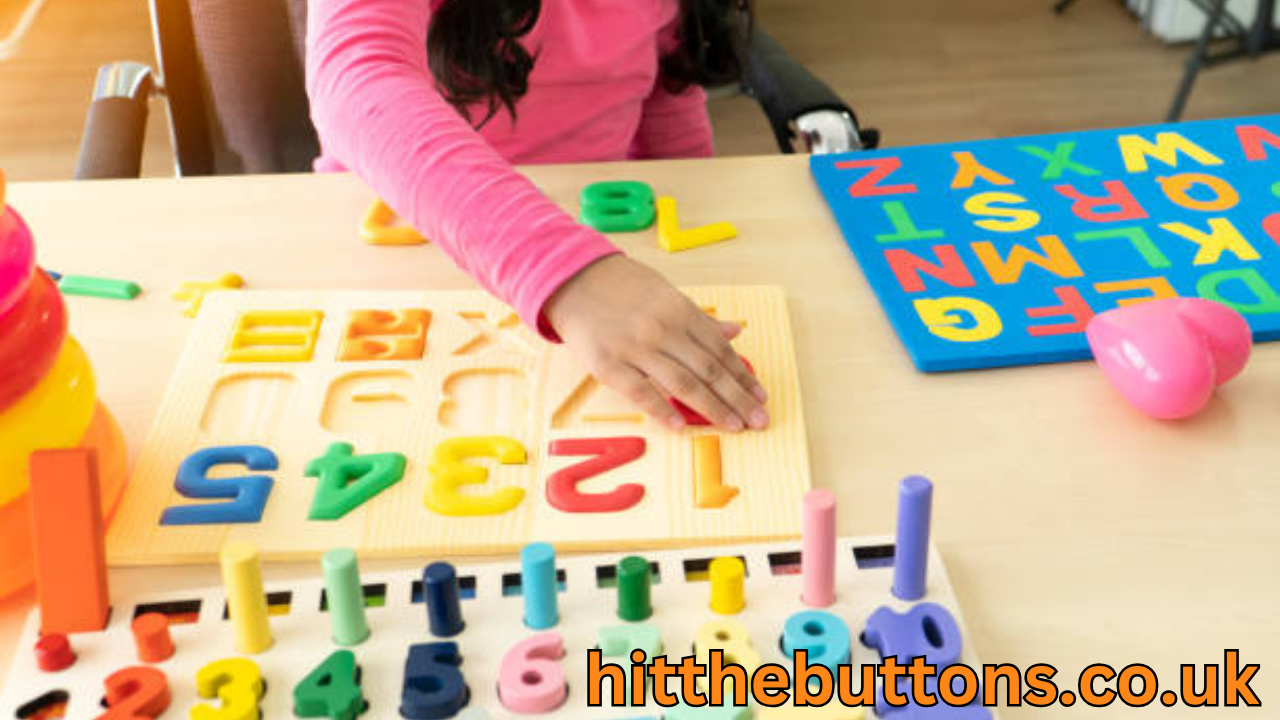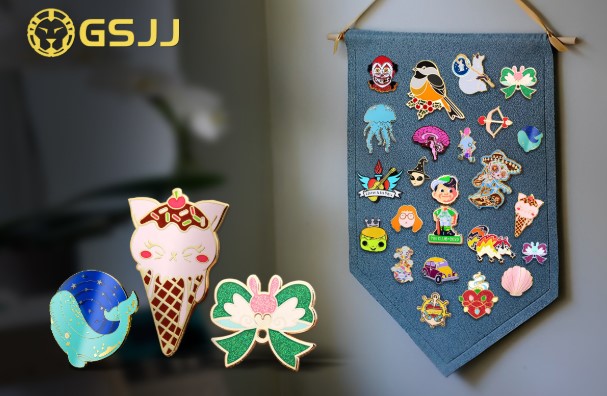Finding affordable and effective tools to teach kids math can feel like a tricky puzzle. Parents want resources that balance fun, learning, and affordability without compromising quality. Budget-friendly math learning kits for kids, designed to make numbers less intimidating, are an excellent solution for children of all ages.
In the vibrant landscape of early education, children’s math learning kits have emerged as dynamic tools, transforming abstract numerical concepts into tangible, playful adventures.To amplify this engaging learning experience, Custom Lapel Pins adorned with number symbols or geometric patterns serve as powerful motivational anchors. As rewards for completing math tasks, these pins transcend mere trinkets; they become tangible markers of academic growth. Ultimately, the combination of interactive learning kits and symbolic pins creates a positive feedback loop: the kits make math enjoyable, while the pins provide tangible validation, encouraging children to approach math with enthusiasm rather than anxiety.
Benefits of Math Learning Kits for Kids
Enhancing Problem-Solving Skills
Interactive tools in these kits, use also in the hit the button maths game encourage children to think creatively while solving puzzles and equations. This hands-on approach makes learning math less intimidating.
Building Strong Foundations for Future Learning
Starting with basic concepts early on helps kids grasp advanced ideas later. These kits simplify the process by breaking down complex ideas into manageable steps.
Features of a Great Math Learning Kit
Engaging and Colorful Materials
Bright visuals and interactive components can hold a child’s attention longer, turning lessons into exciting games.
Tools for Real-Life Application
From play money to measuring cups, the best kits provide tools that teach kids how math applies to everyday scenarios.
Portability and Durability
Parents appreciate kits that are easy to carry and can withstand rough handling by enthusiastic learners.
Categories of Math Learning Kits
Basic Kits for Beginners
Designed for younger children, these kits focus on counting, sorting, and basic arithmetic using colorful objects like beads and blocks.
Advanced Kits for Older Children
Targeted at kids aged 7 and up, these kits dive deeper into geometry, fractions, and even introductory algebra concepts.
Top Budget-friendly Math Kits Available
Kits Under $20
- Counting Bears: A simple set for teaching counting and sorting.
- Flashcard Games: Perfect for learning multiplication and division on the go.
Kits Between $20 and $50
- Geometry Sets: Tools like protractors and compasses for older kids.
- Interactive Math Games: Electronic kits that gamify learning for extra motivation.
DIY Math Kits: Affordable Alternatives
Items to Include in a DIY Math Kit
Household items like measuring tapes, coins, playing cards, and dice can be repurposed for teaching math.
Steps to Create a DIY Math Kit at Home
Gather your supplies, organize them into categories (e.g., counting, geometry), and create simple instructions for fun activities.
Incorporating Math Kits into Daily Routines
Using Kits During Playtime
Turn playtime into learning time by incorporating math tools into everyday games.
Integrating Kits with Schoolwork
Use the materials to complement homework and classroom lessons, reinforcing what your child learns at school.
Tips for Choosing the Right Math Kit
Age-Appropriate Selection
Match the kit’s complexity with your child’s age to keep the learning experience enjoyable.
Considering Learning Styles
Some kids thrive on visual aids, while others prefer hands-on activities. Look for kits that cater to your child’s preferences.
Reviews from Parents and Educators
Parents praise the affordability and effectiveness of these kits in keeping kids engaged. Teachers highlight their utility in classrooms, especially for group activities.
Advantages of Budget-friendly Kits Over Expensive Ones
Affordable kits prove that you don’t need to spend a fortune to provide quality learning tools. Many options are versatile and grow with your child.
Supporting Math Learning Beyond Kits
Apps and Online Resources
Free or low-cost apps complement physical kits, offering additional practice through fun challenges.
Community Programs and Workshops
Check out local libraries or community centers for math programs that use interactive tools to teach kids.
Conclusion
Math learning kits provide an affordable way to make numbers exciting for kids. Whether you buy a pre-made kit or create one at home, these tools are a great investment in your child’s education.
Budget-friendly Math Learning Kits for Kids FAQs
-
What are some affordable math kits for toddlers?
Counting bears, abacuses, and simple puzzle sets are great options for younger kids.
-
Can math kits be reused for younger siblings?
Absolutely! Many kits are durable and designed to last for years, making them perfect for multiple children.
-
Are DIY math kits effective for teaching complex concepts?
Yes, with the right materials, DIY kits can cover a range of topics, including geometry and fractions.
-
How often should kids use math kits at home?
A few sessions per week can significantly improve their skills while keeping learning fun.
-
Where can parents find discounts on math kits?
Look for deals on e-commerce sites, local toy stores, or even second-hand marketplaces.

